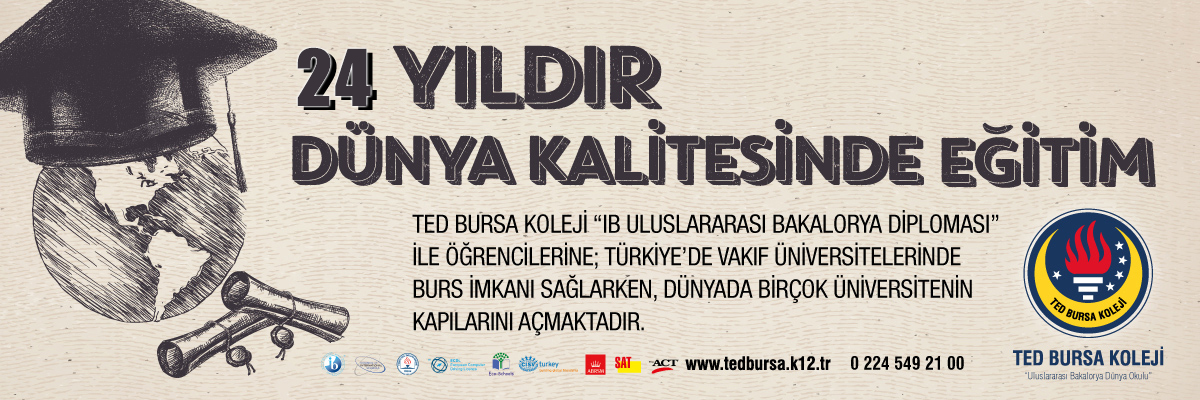Ruhsal mesafe
Spiritual distance
Bebek doğduğu andan itibaren anneye yakın olma ihtiyacı ile büyüme ihtiyacı arasında gidip gelir. Meme emerken biraz uzaklaşır annenin yüzünü inceler, yani bebek anne memesini emerken annenin yüzündeki anlamı da emer. Büyüyüp biraz mesafeyi göze aldığında emekleme, sürünme buna eşlik eder. Küçük küçük uzaklaşma artar ve her seferinde gözü ebeveynlerindedir, bu uzaklaşmaya nasıl tepki verdiklerini görmek ister. Ardından yürüme ile hem fiziksel hem ruhsal mesafede artış olur. Bu öyle güzel bir mesafedir ki, dönüp baktığı zaman onu bekleyen birinin olduğunu bilir. İlerlediği zaman da kendi merakının karşılığını bulacağı yeni şeyler fark eder. Bebeğin ilk defa yere basıp yürüdüğü an, onun verdiği mutluluk, yeni bir rafa tutunduğu zaman o rafın yapısı, dokusunun keşfi, dönüp baktığında ebeveynlerinin yüzünde gördüğü duygular, hepsi birer yeni malzemedir işlenmesi gereken. Ruhsal olarak ayrılabilen ama ayrıldığını görebilen, bırakmayan bebeklerde dış dünya ile baş etme, kendi becerilerini test etme daha yoğun görülür.
Peki ruhsal mesafe azalır ve ruhsal göbek bağı hiç kesilmezse ne olur? Bebeğin ayrılma, keşfetme, bireysel olarak var olma, dünyayı merak etme, baş etme becerileri körelir ve yapışık-bağlı ilişkiler kurmaya başlar. Yürümeye başlayan bir çocuğu devamlı kontrol etme, gideceği yönü değiştirme, sık sık müdahale etme, ona “Gideceğin yeri bilemezsin, merak etmek kötüdür, benden uzaklaşırsan seni durdururum ve buna dayanamam, yürümek-ilerlemek iyi değildir” gibi mesajlara sebep olur. Bu bebekler yerinde oturmayı tercih eden, hareketi, ilerlemeyi ve merakı erken yaşta kaybeden yetişkinler olur.
Ruhsal olarak mesafesini koruyabilen bireyler bu mesafeyi diğer kişilere karşı da oluşturup, uygun sınırlar belirleyebildiği için günlük yaşamında ona zarar veren, ruhsal olarak ona çok müdahale eden kişilerle ilişkilerinde dikkatli olur. Çocukluk döneminden bir örnek verirsek, anne-babası tarafından mesafesine izin verilmeyen bir çocuk, uzaklaştığında uyarılan bir çocuk yeni arayışlarında ne aradığını bilmekte zorlanabilir ya da bu arayışında yanında anne-babalık edecek bir kişi bulabilir. Bu alanda başarılı olan kişiler ise, ayrılmaya, keşfe, meraka, baş etmeye izin verilen bebekler, yetişkin olduklarında nereye gitmek istediğini bilen, yolun sonundaki tatminini hayal edebilen, buna uygun plan yapabilen yetişkinler olmaya daha müsaittirler.
Büyümek, olgunlaşmak için mesafemizi hep ayarlayabilmek dileğiyle…

Spiritual distance
Starting from its birth, the baby moves between the need to be close to the mother and the need to grow. It moves away from the mother slightly while breastfeeding examining her face; that is the baby feeds on the facial expressions of the mother as well as her breast. Creeping and crawling comes later as the baby grows and ventures further away. The distances keep on increasing slightly while it keeps its eyes on the parents, wondering how they will react. Once it starts walking, an increase in the spiritual distance accompanies physical distances. This is such a fine distance that it knows someone is waiting for it back where it left off. It comes across new things that spark its interest as it moves further away. The happiness that the baby feels as it steps on the ground for the first time to take its first step, the structure of the shelf it holds on to, the discovery of its texture, the emotions it sees on the faces of its parents; all new material to be processed. Babies that can move away spiritually, those that see themselves moving away without letting go cope with the outside world better and they test their own skills more intensely.
So what if the spiritual distance decreases and the spiritual umbilical cord is never cut off? The skills of the baby to separate, discover, exist individually, wonder at the world and cope with the outside world die down and they start establishing attached-dependent relations. Controlling a child who has just started to walk, changing his/her direction, making frequent interventions are messages that say, “You cannot know where you are going, curiosity is bad, I will stop you if you move away from me and I cannot cope with that, walking-moving forward is not good”. These babies end up as adults who prefer to remain still and who have lost the desire for action, movement and curiosity at an early age.
Individuals who are able to preserve their distances spiritually are careful in their relations with people who harm them and who intervene spiritually since they are able draw borders and establish such a distance with these individuals as well. An example from childhood would be a child who is not allowed by the parents to distance itself who might experience difficulties in knowing what it is seeking or one who ends up finding someone who acts as a parent beside them in their quest. Those who are successful in this field are better suited to be adults who know where they want to go, who can imagine the satisfaction at the end of the road and who can plan accordingly as babies allowed to leave, discover, take up their curiosities and cope.
Wishing for us all that we can adjust our distances for growth and maturity…









